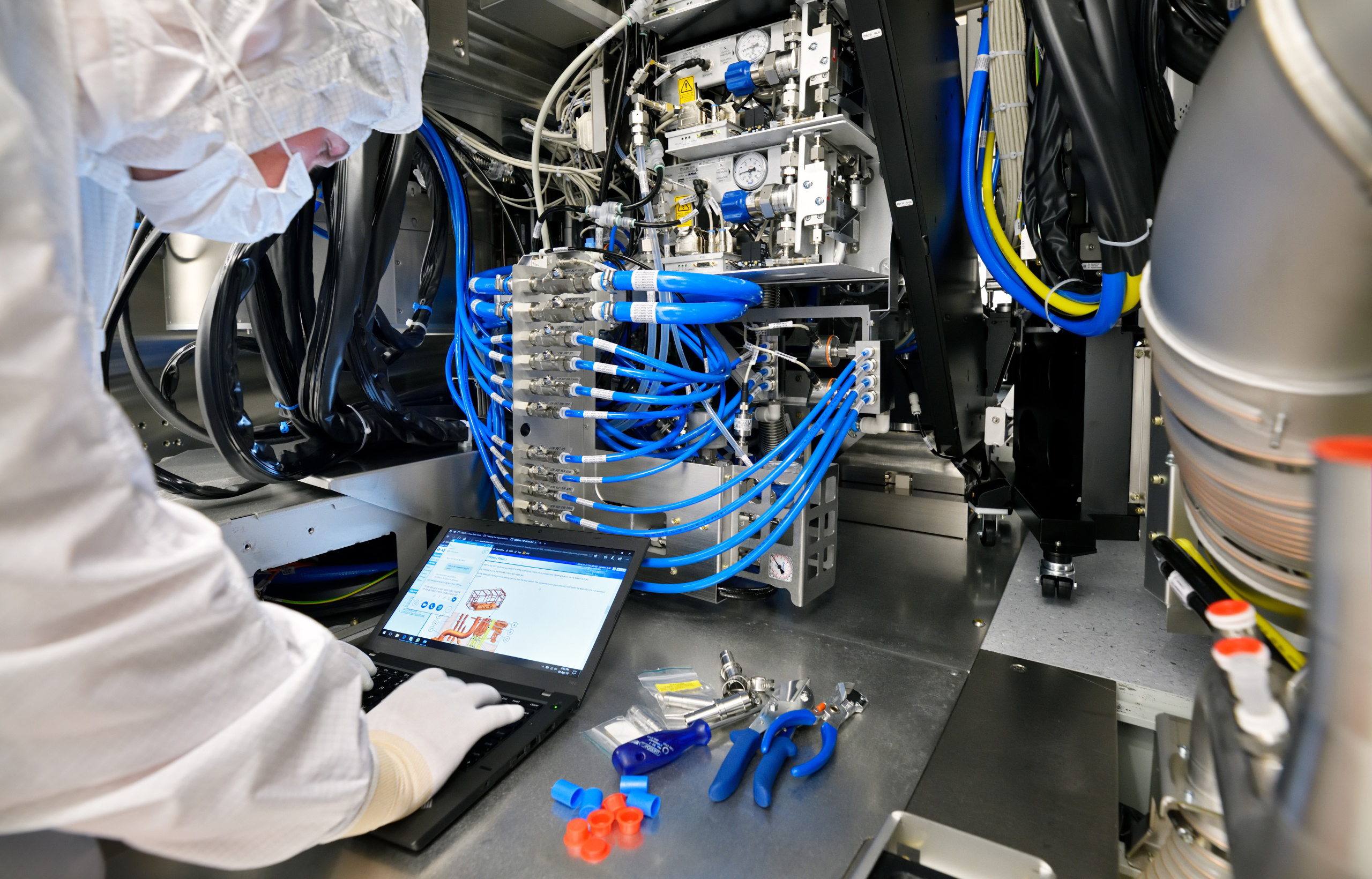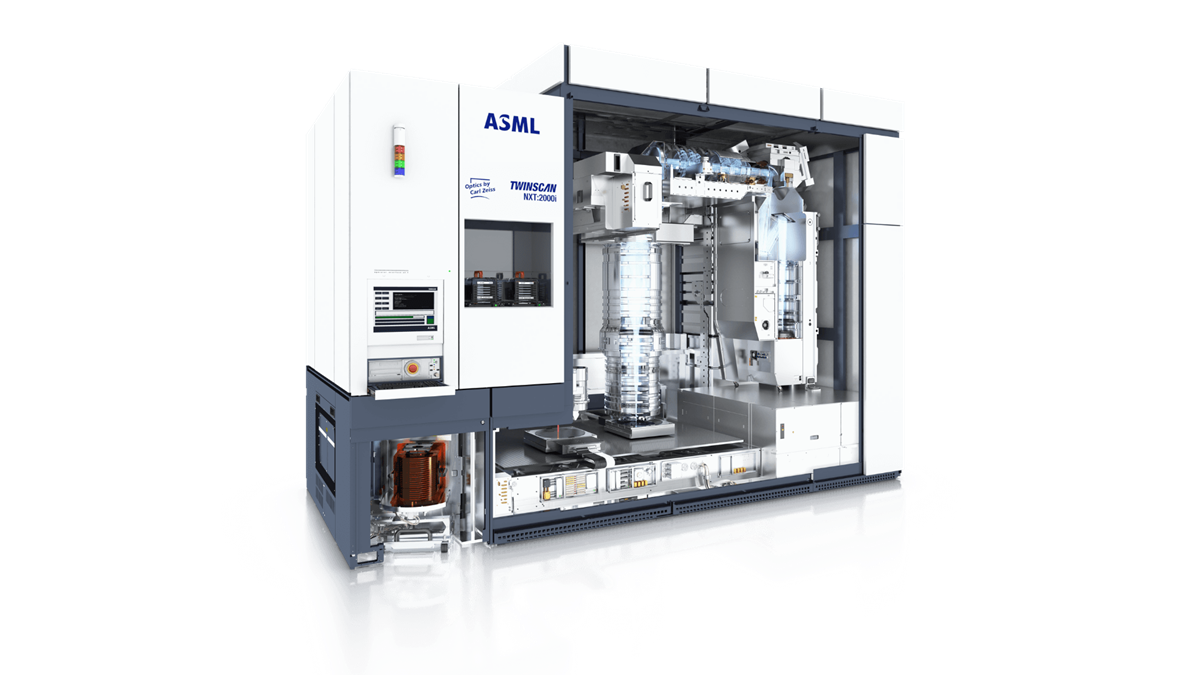
After the Dutch government announced additional export controls on advanced tools used to make chips on Friday, the Chinese embassy in the Netherlands published an open letter expressing strong opposition to the decision and asking to reverse it.
"We call on the Dutch side to bear in mind the larger interest of safeguarding international trade rules and bilateral economic and trade cooperation, immediately correct its wrongdoings," a statement by the embassy reads.
At the behest of the US, the Netherlands significantly expanded its list of sanctioned tools this week to include DUV machines, thus limiting China's access. In the past, only access to advanced EUV machines has been limited, so the move to limit more common DUV machines is a significant expansion of the list of machines subject to sanctions.
The embassy criticized the move and called it 'an abuse of export control measures' and disruption to free trade and international trade rules. The embassy further highlighted the potential damage to both Chinese and Dutch companies and warned of disruptions to the global supply chain.
Furthermore, they accused 'a certain major country' — the U.S. — of manipulating allies into economic containment against China. The embassy urged the Netherlands to immediately correct these actions, asserting China's commitment to safeguard its rights and cooperate with the Dutch side for the mutual benefit of Sino-Dutch economic and trade relations.
The new export rules set by the Netherlands and scheduled to go into effect on September 1, requires ASML, the world's leading maker of lithography scanners, to get an export license to sell its Twinscan NXT:2000i and more advanced scanners to Chinese companies, according to the company. The scanner uses deep ultraviolet (DUV) lithography and can produce chips on 7nm and 5 nm class process technologies.

The Dutch restrictions against the Chinese semiconductor sector, made in the name of national security, are not as strict as those imposed by the U.S. government last October. These export regulations require export licenses for American tools and technologies that can be used to produce logic chips with non-planar transistors on 14nm/16nm nodes and below, 3D NAND with 128 or more layers, as well as DRAM memory chips of 18nm half-pitch or less. In addition, the rules require American citizens to obtain a license to work for Chinese semiconductor companies.
Lithography tools are among the most complex equipment used in chip fabs. ASML is an indisputable leader in this market, and it will take Chinese companies decades to catch up with the Twinscan NXT:2000i. Meanwhile, without access to American tools from companies like Applied Materials, KLA, and Lam Research, it is impossible to produce chips using modern technologies anyway.
As a result, the new regulations by the Dutch government are not going to have a drastic effect on China's semiconductor industry, especially keeping in mind the fact that SMIC is the only Chinese company that can make chips on a 14nm-class process technologies and thinner. Nonetheless, the announcement sparked strong opposition from the Chinese Embassy in the Netherlands.







